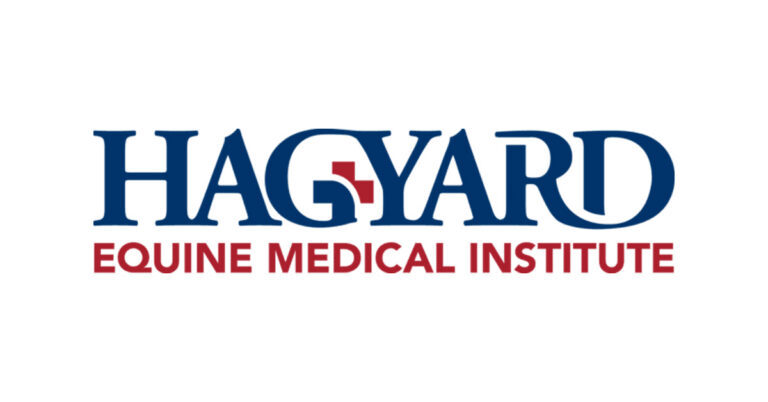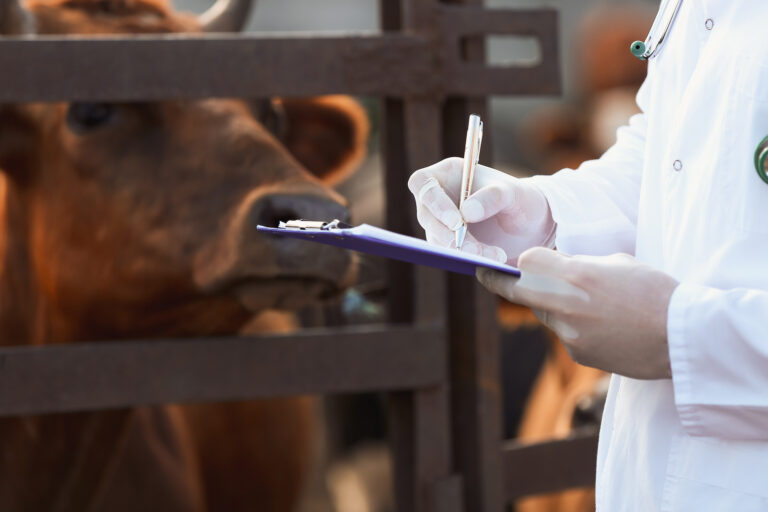
Many people currently feel concerned about the economy, with tariffs, federal workforce reductions, and increasingly common extreme weather events creating an uncertain future. The AVMA’s Vetsource data collection indicates that companion animal practices are seeing small revenue increases compared to 12 months ago, but the number of appointments has dropped. Anecdotally, equine practices in many regions are reporting lower demand for services as well.
Client Demographics
Veterinarians understand that clients love their animals and often consider them to be family members. Owners want to provide the best of care for their horses (and all their pets) but might be financially unable to do so. Because different regions of the country have widely differing demographics, understanding the details of your client base can help. You can use the Social Explorer website to investigate the demographics of different ZIP codes. It provides a huge amount of data about communities and their residents, including average income.
Many horse owners earn more than $100,000 per year, but according to the American Horse Publications 2021 survey, 39.6% have income less than $75,000, and only 18.4% have income equal to or greater than $150,000. It’s important to know your client base and be prepared for the impacts economic instability could have on their discretionary income.
Care and Payment Options
For financially stressed clients, it is very important to offer options for care and payment. Doing your best to manage a case you might have referred previously can build client loyalty and solidify a new skill set for you. Utilizing a third-party credit option like CareCredit can help clients pay for care. Recognize that in struggling areas, practice revenue will likely go down. Plan ahead for what that will mean for your business.
Tariffs could increase the cost of supplies and medications, potentially leading to reduced profitability. Veterinarians might need to pass some of the increased costs on to horse owners through higher fees for services and medications. If so, communication about these fee increases must be clear and transparent. If costs become prohibitive, some owners might delay or forgo care, impacting their horses’ health. Pricing services is a balancing act, and offering multiple options for care at different price points will be more important than ever.
Communication About Costs
Uncertainty about the future, cutbacks in lifestyle, and a more precarious financial position will make clients resistant to large price increases. It will be important to continue to show clients the value of veterinary services and carefully choose how and when to increase prices. Communication is crucial. The AVMA has done extensive research about effective communication with clients. According to the results, clients understand that having a strong and trusting relationship with their veterinarian enables better care and more customized recommendations for their horses. They want care that is customized to their personal needs and those of their horse. The research also shows that an emotional appeal is the most effective way to talk with most horse owners about veterinary care. The AVMA recommends language like, “Regular veterinary care is one of the best ways to keep your horse healthy and happy for years to come and avoid emergency visits.”
Finally, it is important to be upfront about costs. Research shows that owners appreciate it when their veterinarian demonstrates understanding and empathy about the cost of care and even voices a desire to help make veterinary care more affordable. You could say: “Veterinary care can be expensive. I’m committed to working with you to find a treatment option that fits your needs and your budget.”
Final Thoughts
Offering options, understanding, and kindness will be necessary to help horse owners who are struggling financially. Preparing in advance with your team can make these times less stressful.
Related Reading
- Initiating Payment at Time of Service in Equine Practice
- Equine Veterinary Sustainability: Making Higher Compensation Possible for Equine Practitioners
- The Basics of Negotiation for Equine Veterinarians
Stay in the know! Sign up for EquiManagement’s FREE weekly newsletters to get the latest equine research, disease alerts, and vet practice updates delivered straight to your inbox.




